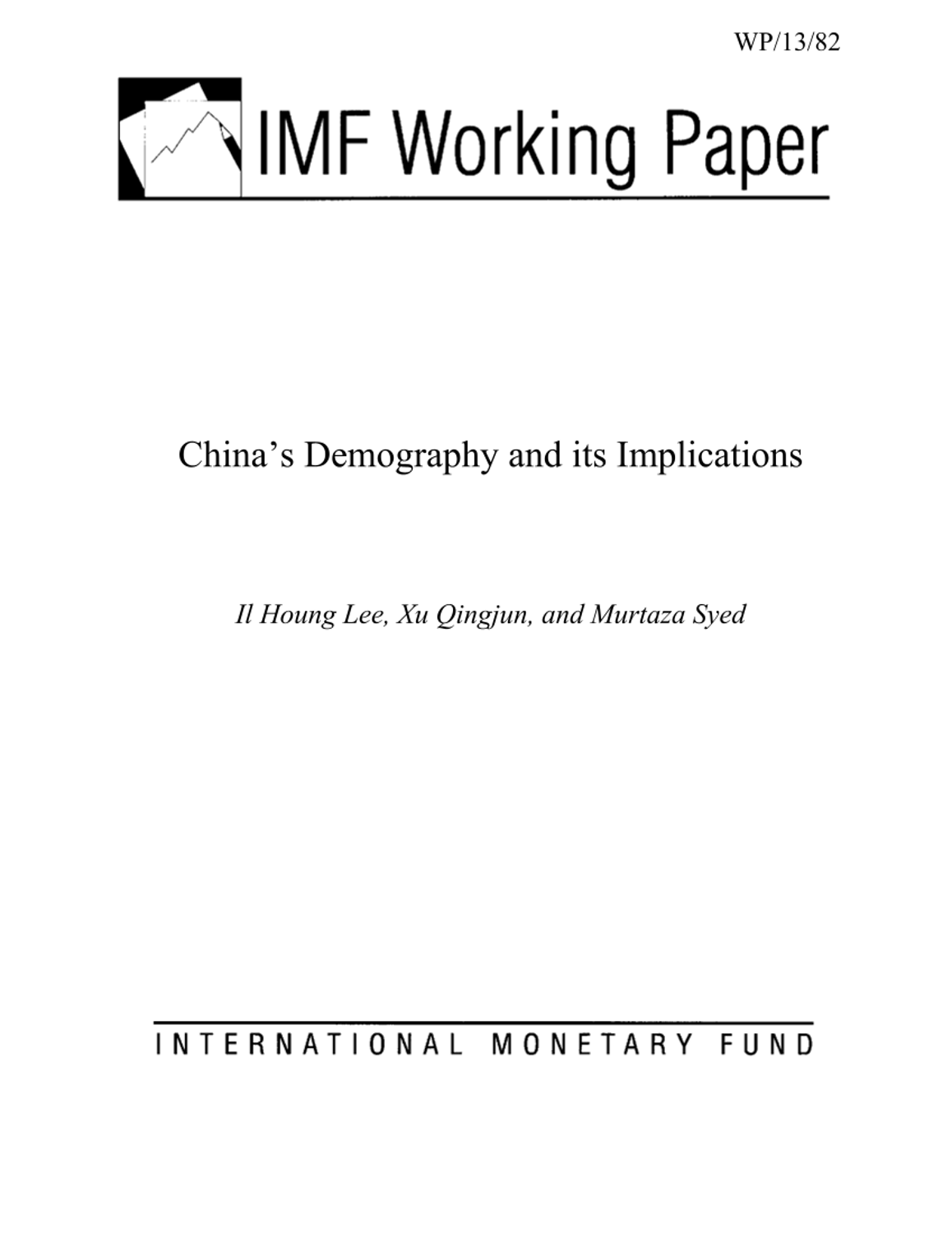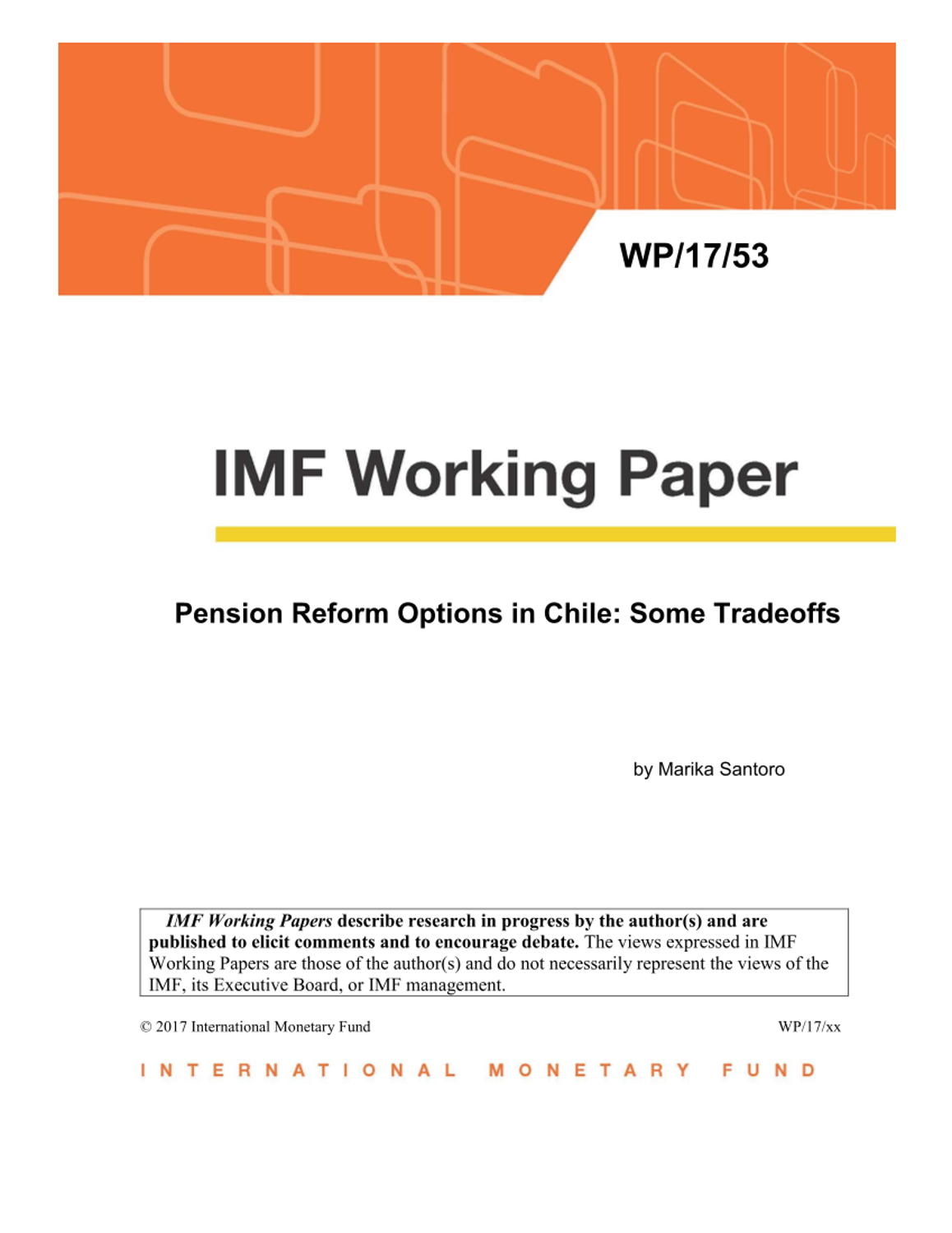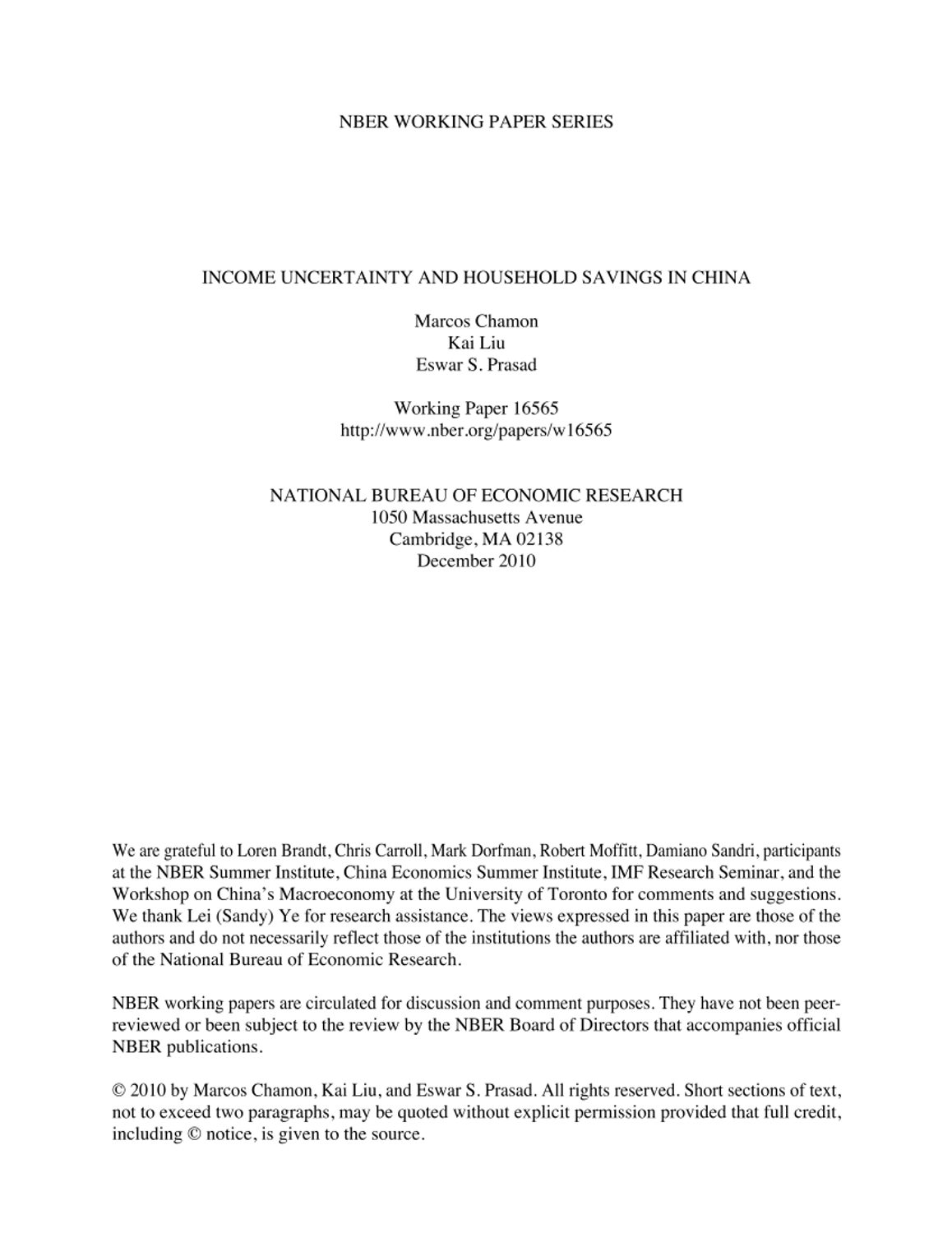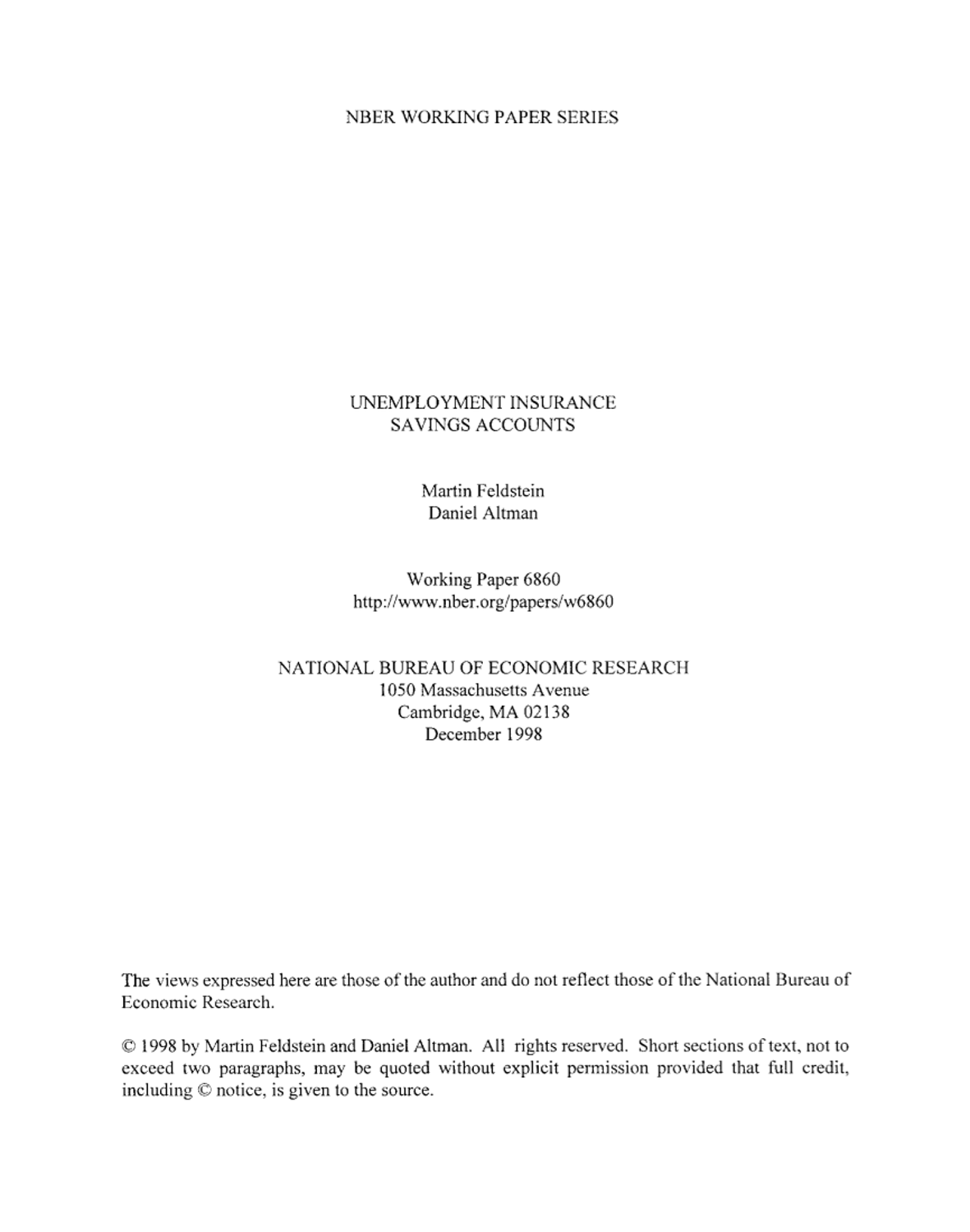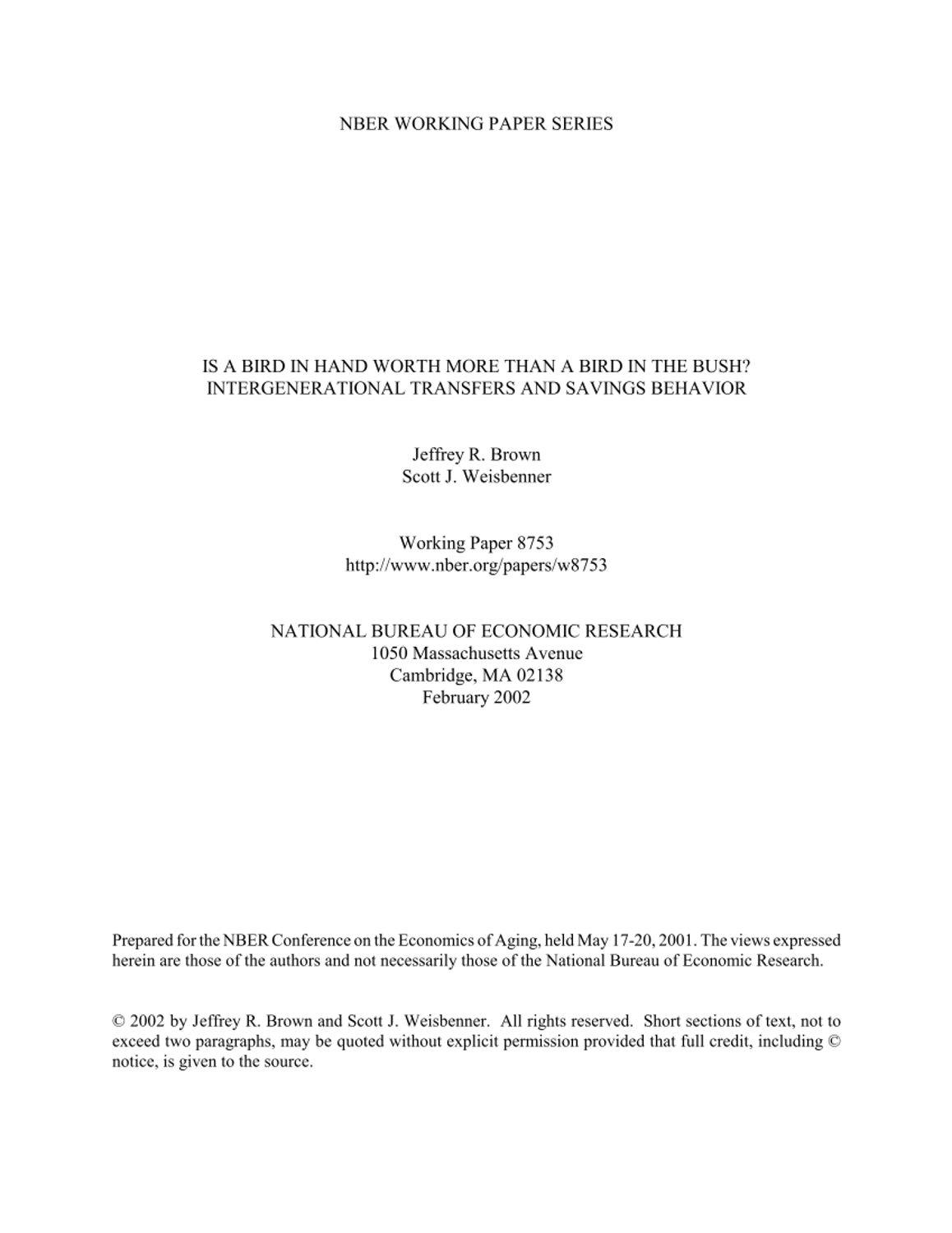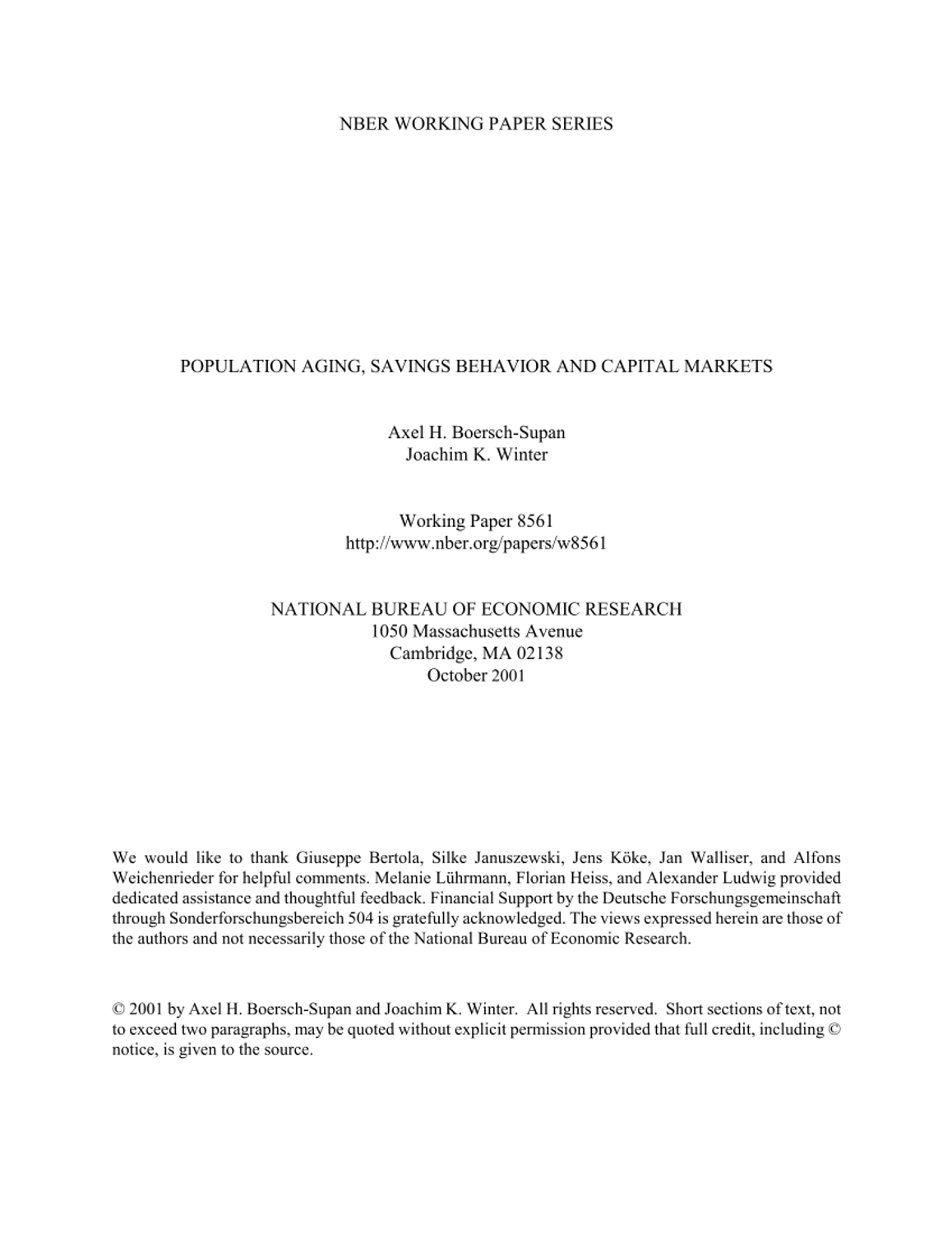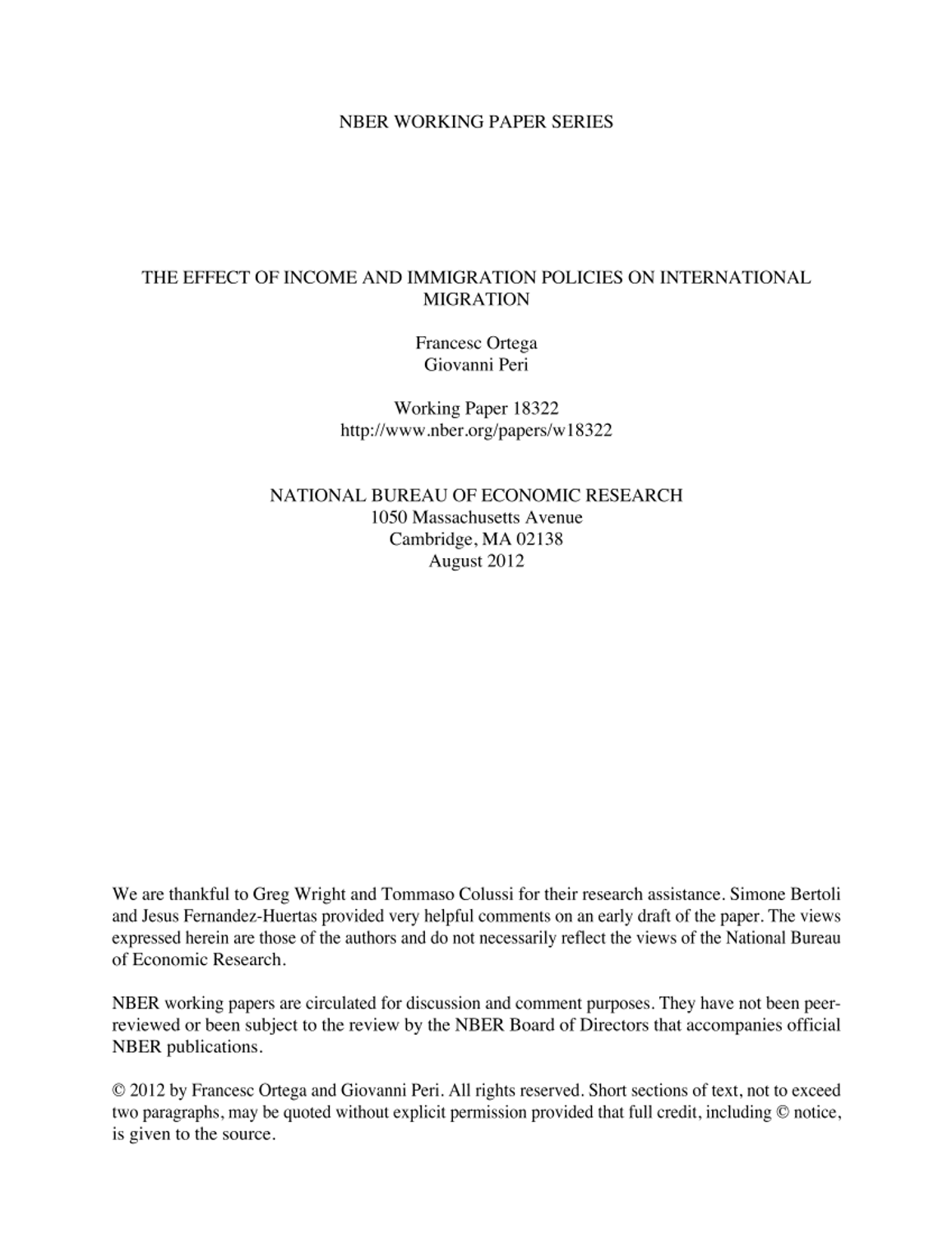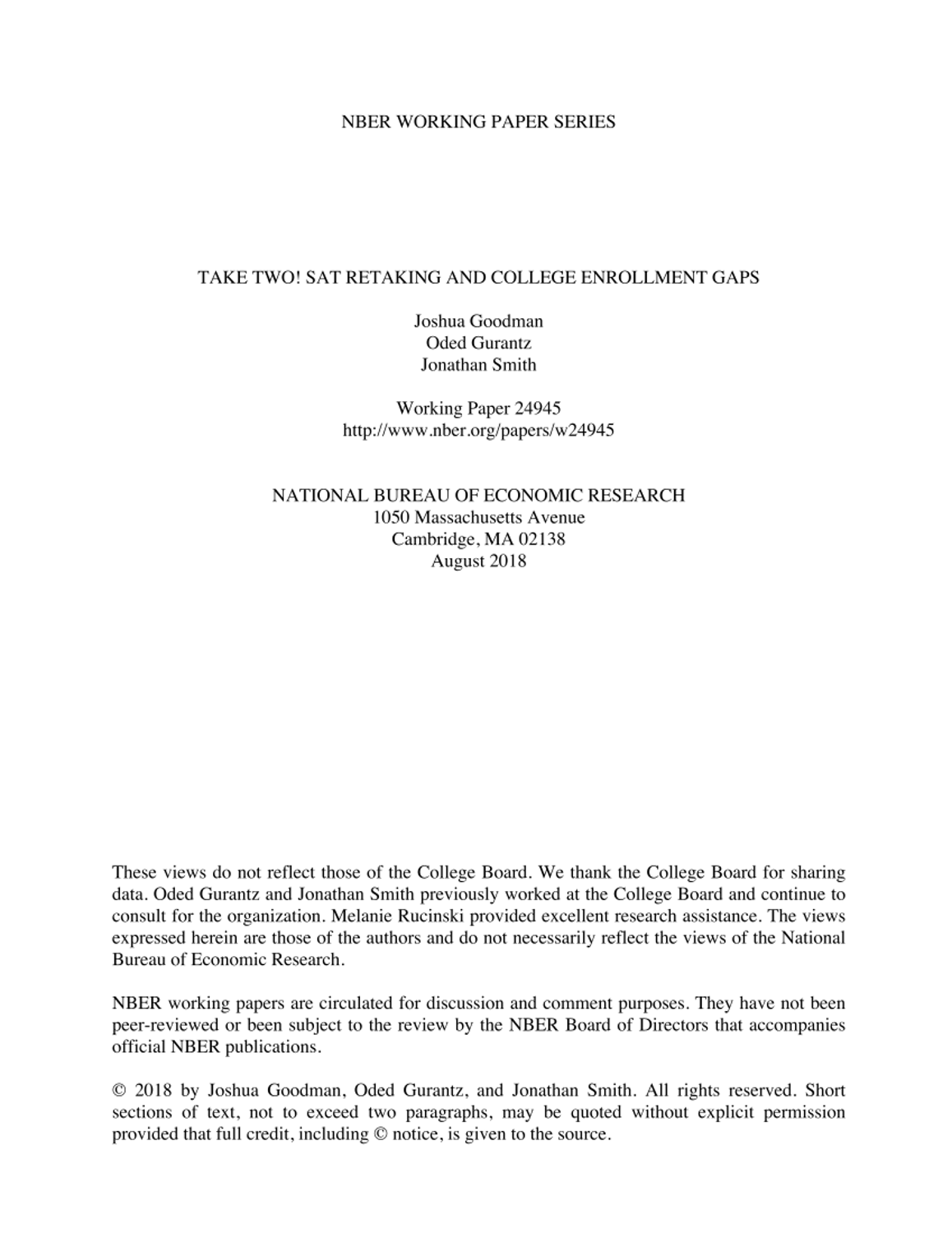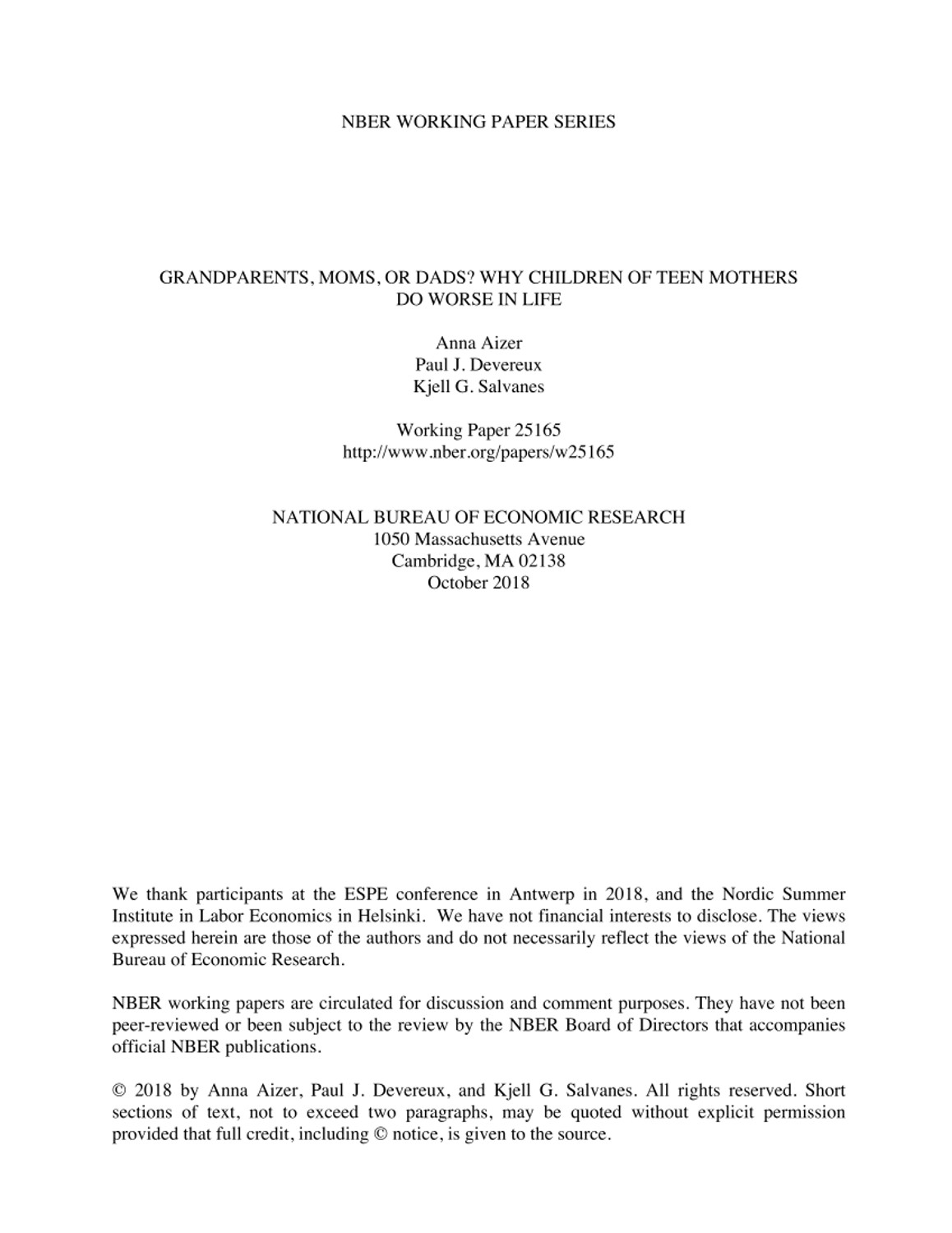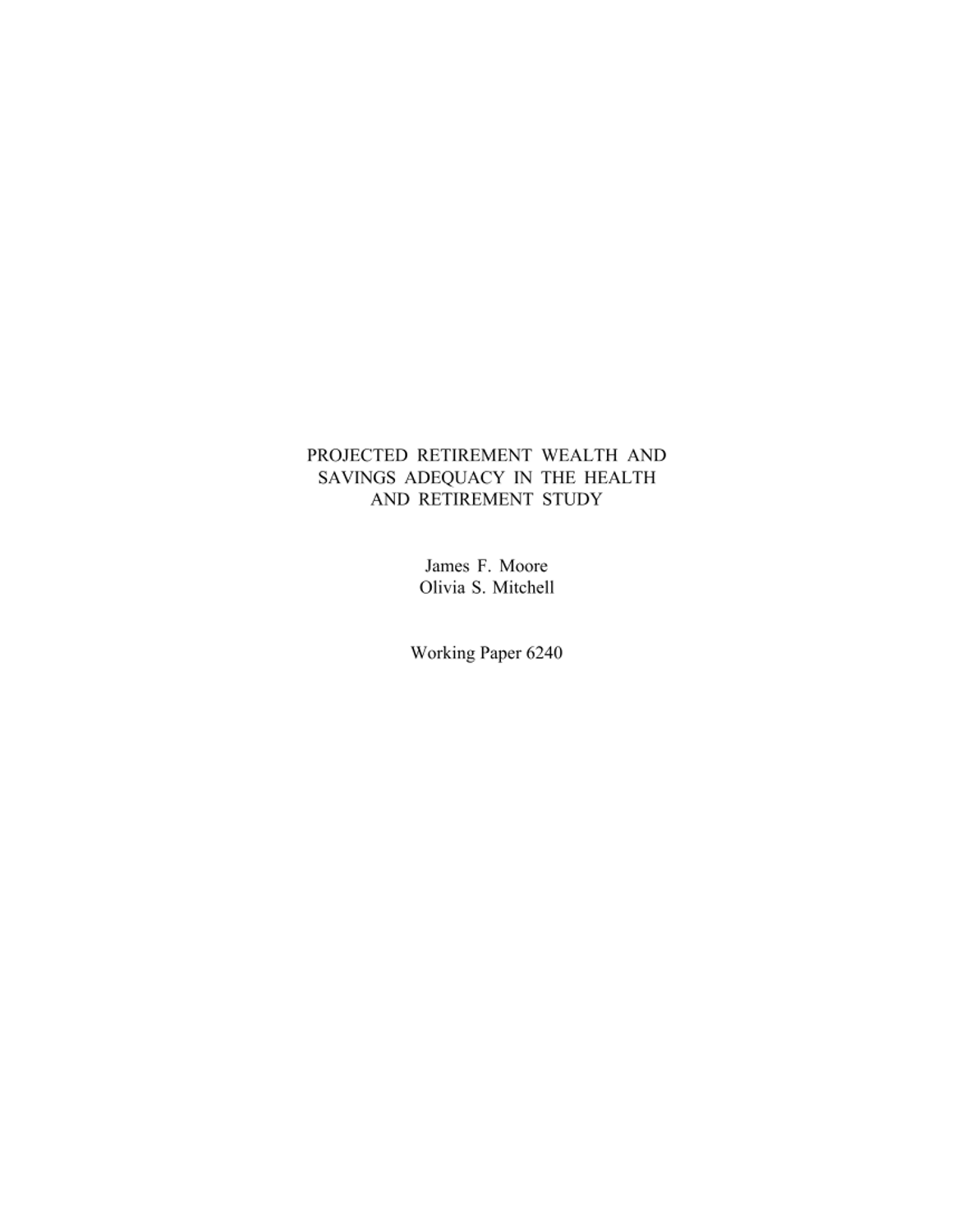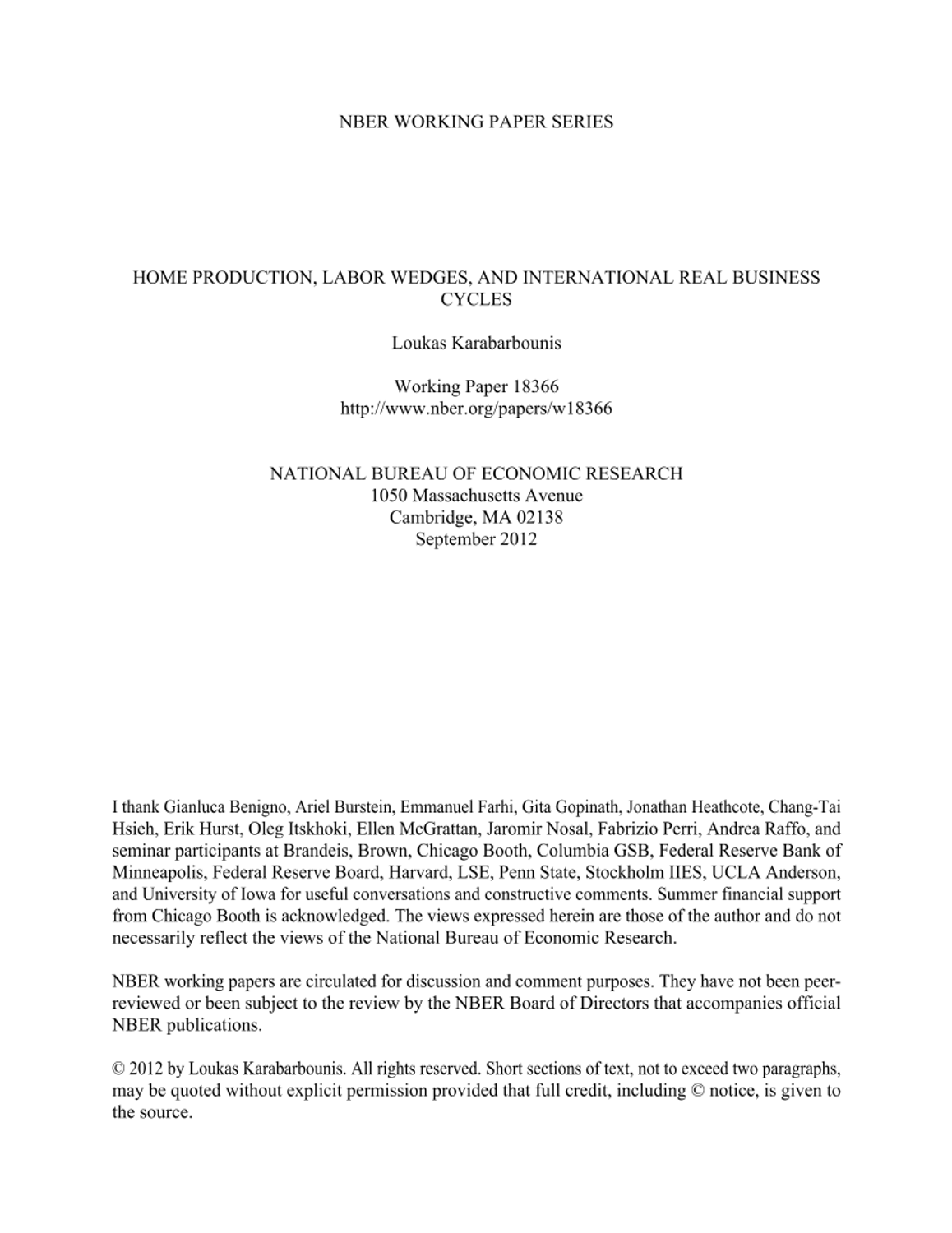연구보고서IMF Working Paper 13-82
China’s Demography and its Implications
- 청구기호
- WP 13-82
- 발행사항
- Washington,D.C : IMF, 2013
- 형태사항
- 27 p. :. PDF file ;. 1,304 KB
- 바로가기
소장정보
| 위치 | 등록번호 | 청구기호 / 출력 | 상태 | 반납예정일 |
|---|---|---|---|---|
이용 가능 (1) | ||||
| E0001842 | 대출가능 | - | ||
이용 가능 (1)
- 등록번호
- E0001842
- 상태/반납예정일
- 대출가능
- -
- 위치/청구기호(출력)
책 소개
In coming decades, China will undergo a notable demographic transformation, with its old-age dependency ratio doubling to 24 percent by 2030 and rising even more precipitously thereafter. This paper uses the permanent income hypothesis to reassess national savings behavior, with greater prominence and more careful consideration given to the role played by changing demography. We use a forward-looking and dynamic approach that considers the entire population distribution. We find that this not only holds up well empirically but may also be superior to the static dependency ratios typically employed in the literature. Going further, we simulate global savings behavior based on our framework and find that China’s demographics should have induced a negative current account in the 2000s and a positive one in the 2010s given the rising share of prime savers, only turning negative around 2045. The opposite is true for the United States and Western Europe. The observed divergence in current account outcomes from the simulated path appears to have been partly policy induced. Over the next couple of decades, individual countries’ convergence toward the simulated savings pattern will be influenced by their past divergences and future policy choices. Other implications arising from China’s demography, including the growth model, the pension system, the labor market, and the public finances are also briefly reviewed.

